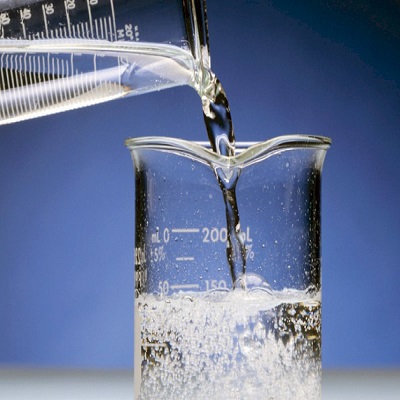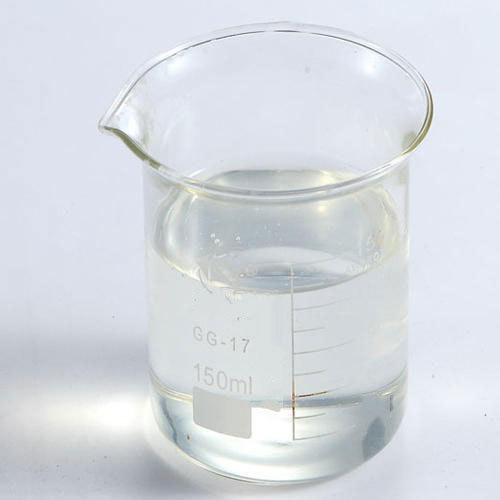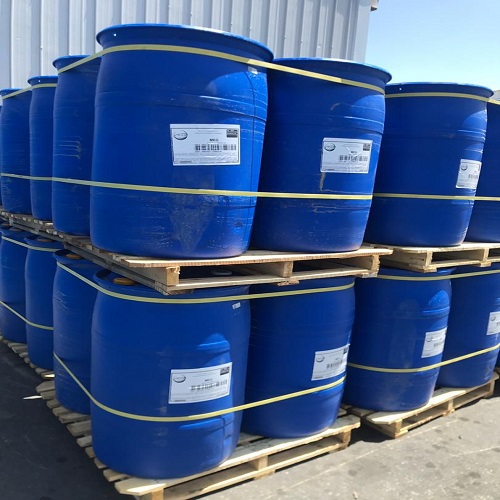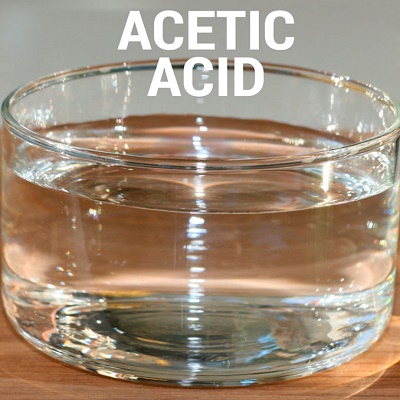Citric acid is existed naturally in citrus fruits, especially lemon and limes. it’s that gives it a sour test, thought its synthesis manufactured in industries from what is founded in lemon, its rout is from aconitic or isocitrate/alloisocitrate calcium salts under high pressure conditions.
As with most organic acids, it’s a weak acid, with a PH level between 3 to 6.
as a one of the most important bio products its annual worldwide production is near to 2 million tons.
its salt form called Citrate and used in many industrial field.
more than 70% of its manufactured citric acid is used in food and beverage factories. pharmaceutical ,dietary supplements and cosmetics cover near 20% of the production and the rest goes to produce cleaning products .
–Food industry
Manufactured citric acid is one of the most common food additives in the world.
It’s used to boost acidity, enhance flavor, and preserve ingredients
Sodas, juices, powdered beverages, candies, frozen foods, and some dairy products often contain manufactured citric acid.
It’s also sometimes added to canned fruits and vegetables to protect against botulism, a rare but serious illness caused by the toxin-producing Clostridium botulinum bacterium.
Citric acid can be added to ice cream as an emulsifying agent to keep fats from separating, to caramel to prevent sucrose crystallization, or in recipes in place of fresh lemon juice
–Medicines and dietary supplements
Citric acid is an industrial staple in medicines and dietary supplements.
It’s added to medicines to help stabilize and preserve the active ingredients and used to enhance or mask the taste of chewable and syrup-based medications.
Mineral supplements, such as magnesium and calcium, may also contain citric acid (in the form of citrate) to enhance absorption.
Disinfecting and cleaning
Citric acid is a useful disinfectant against a variety of bacteria and viruses .
A test-tube study showed that it may treat or prevent human norovirus, a leading cause of foodborne illness (10Trusted Source).
Citric acid is commercially sold as a general disinfectant and cleaning agent for removing soap scum, hard water stains, lime, and rust.
It’s viewed as a safer alternative to conventional disinfectant and cleaning products, such as quat and chlorine bleach




